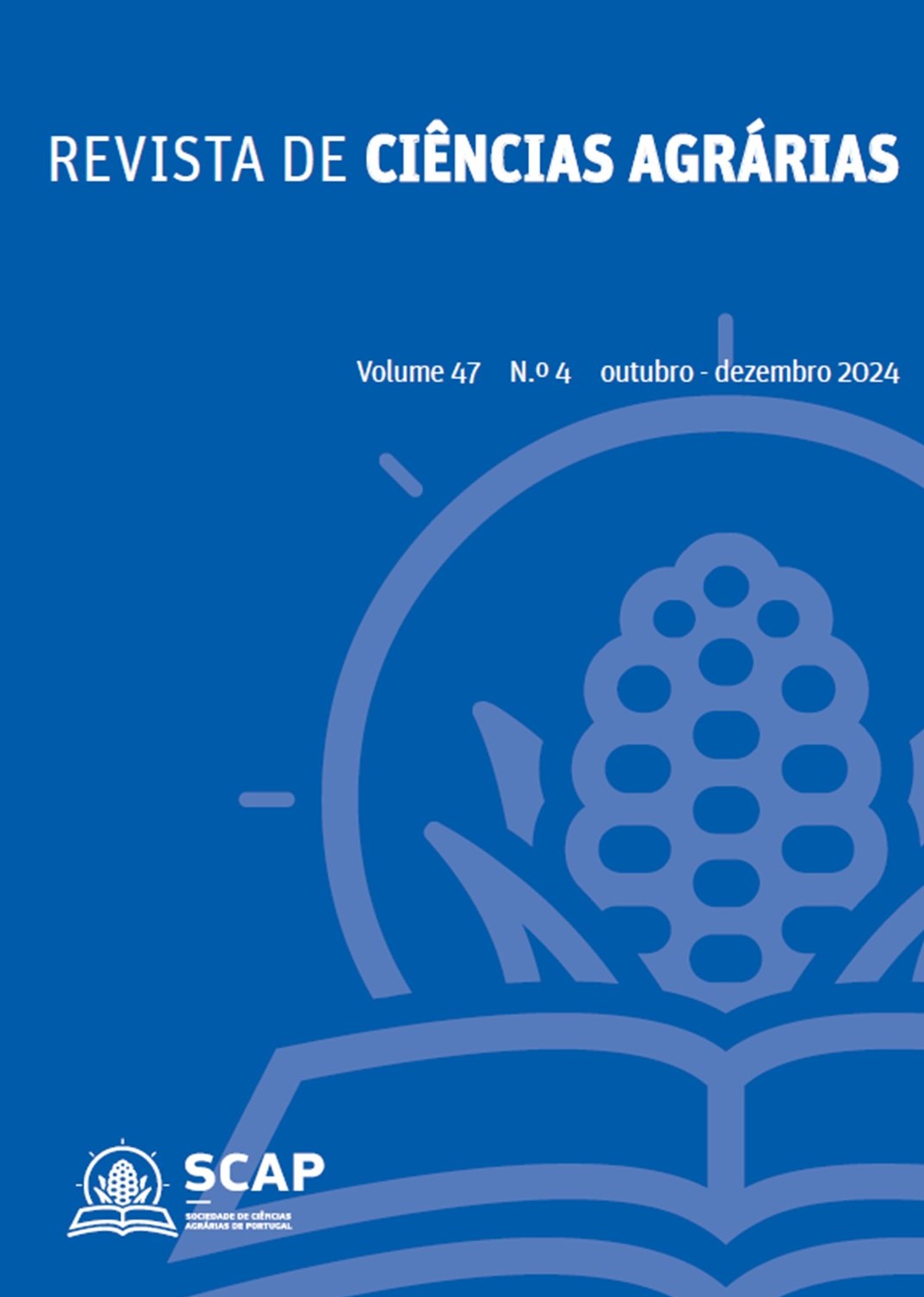Effect of different substrates on the growth rate of Quercus suber L.
DOI:
https://doi.org/10.19084/rca.38523Abstract
In 2013, a fire in Picões (Trás-os-Montes, Portugal) destroyed over 2,57 km2 of cork oak forests (Quercus suber L.). The regeneration of this species has become a significant challenge due to the topography (with slopes exceeding 25%) and the degraded state of the soil, characterized by accelerated erosion and organic matter loss. To address this challenge, the ForestWaterUp Project aims to reforest 0,32 km2 of the slopes of the Sabor Reservoir, focusing on the recovery of Mediterranean species. In this context, a greenhouse experiment was conducted with 600 cork oak seeds from the Picões region, evaluating various substrates with different chemical and physical properties. The tests were carried out under controlled humidity and temperature conditions ranging from 12 to 29 °C. The treatments included a commercial substrate, an olive pomace compost, and sand, the latter being tested with and without irrigation. Preliminary results showed the highest germination rate in the commercial substrate, while the olive pomace compost showed signs of water stress.


